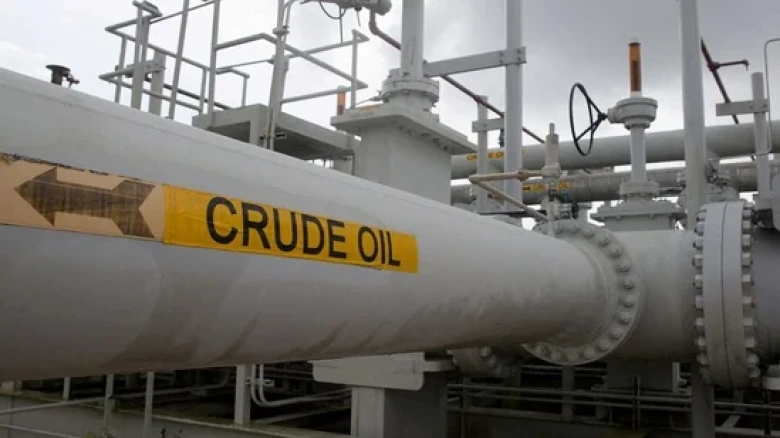International

Investors are growing more alarmed as worries about a recession have intensified due to the most recent spike in gas and gasoline prices.
color:black;mso-themecolor:text1">
color:black;mso-themecolor:text1">Digital Desk: US West Texas Intermediate
(WTI) crude fell 15 cents, or 0.1 percent, to $108.28 a barrel from Friday's
close. There was no WTI settlement on Monday due to the Independence Day
holiday in the United States.
color:black;mso-themecolor:text1">As the market shifts away from inflation and
toward economic gloom, Stephen Innes of SPI Asset Management wrote in a
commentary that "oil is still trying to break from its present
recessionary doldrums."
color:black;mso-themecolor:text1">Investors are growing more alarmed as worries
about a recession have intensified due to the most recent spike in gas and
gasoline prices.
color:black;mso-themecolor:text1">In June, South Korea's inflation increased to
a level not seen in nearly 24 years, adding to concerns about sluggish economic
development and declining oil demand.
color:black;mso-themecolor:text1">According to data, the euro zone's business
growth slowed down even more in November. Looking ahead, research suggests that
the region may experience a decline this quarter as consumers continue to be
wary due to the crisis in the cost of living.
color:black;mso-themecolor:text1">However, the supply problems persisted. Due
to claims that Norwegian production had been interrupted earlier in the
session, WTI and Brent both saw price increases.
color:black;mso-themecolor:text1">According to the organisation in charge of
the industrial action, a walkout by Norwegian offshore workers has begun and
will reduce oil and gas production.
color:black;mso-themecolor:text1">The strike is expected to lower oil and gas
production by 89,000 barrels of oil equivalent per day (boepd), of which gas
production accounts for 27,500 boepd, according to Norwegian producer Equinor.
According to UBS analyst
Giovanni Staunovo, the strike in Norway, which has so far had little effect on
volumes, and the steep increase in Saudi Arabia's official selling prices for
August have supported oil prices. This implies that Saudi exports might not
increase much the next month.
Saudi Arabia, the
world's top oil supplier, raised August crude oil prices for Asian consumers to
practically record levels due to a constrained supply and rising demand.
The
official selling price (OSP) for August-loading Arab Light to Asia grew by
$2.80 per barrel from July to $9.30 per barrel over Oman/Dubai quotations,
which is not far from the record-breaking premium of $9.35 per barrel achieved
in May, according to sources with knowledge of the matter.
Corrections
in the energy market during the second quarter "may wind up being
short-lived, with the likelihood of a lengthy period of high prices the most
likely conclusion," according to Ole Hansen, head of commodity strategy at
Saxo Bank. Hansen also forecast price swings of between $100 and $125.
Leave A Comment